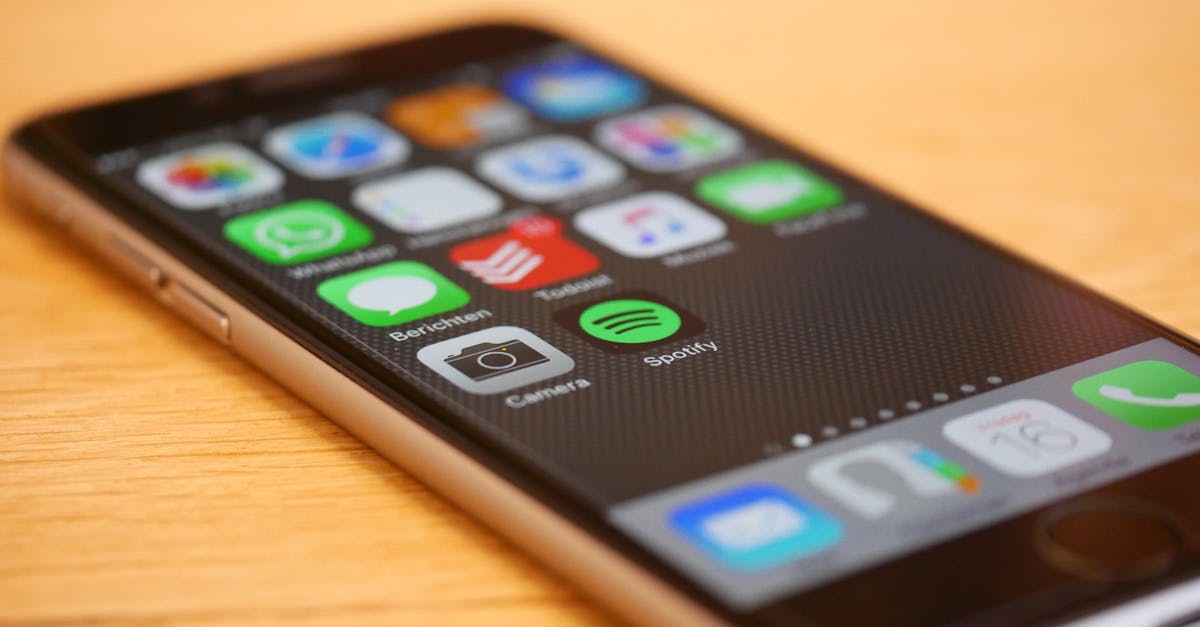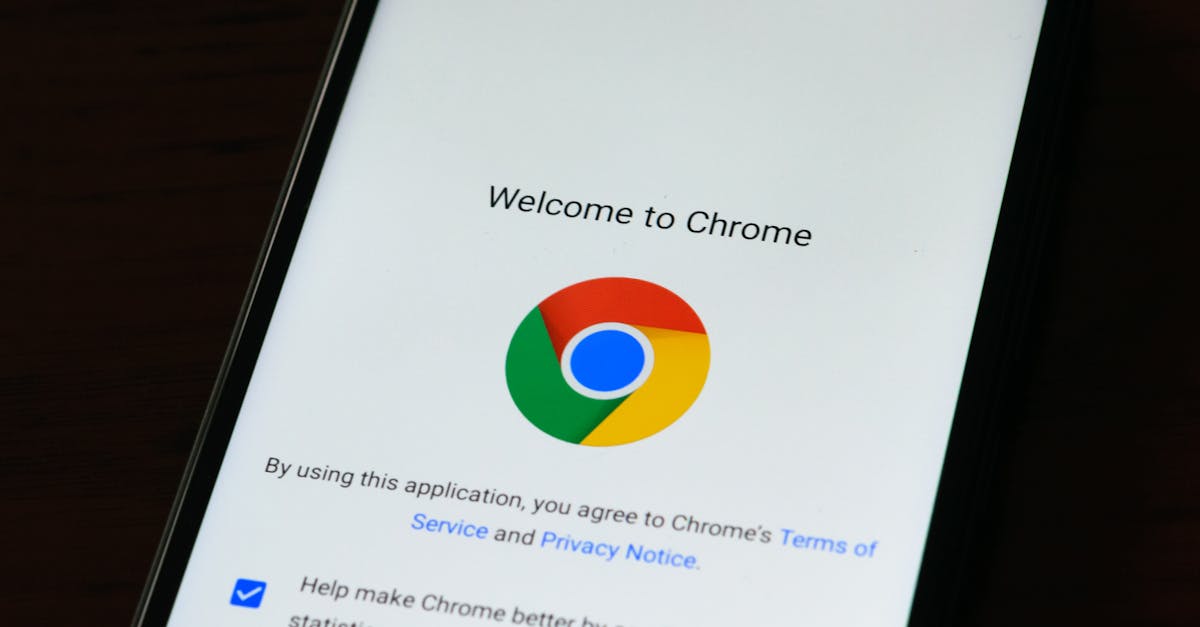Exploring the Daily Mobile Revolution
Introduction
The daily mobile revolution represents a monumental shift in how people interact, work, and live. Mobile technology has transcended its core function of communication, affecting almost every aspect of daily life. With the continuous evolution in smartphone capabilities, mobile devices now influence work, education, healthcare, and entertainment. As digital innovation accelerates, mobility has become synonymous with empowerment and accessibility, democratizing information like never before. But what are the driving forces behind this revolution, and how does it continue to shape the modern world? Let's delve into how mobile technology is revolutionizing our daily lives.
Advertisement
The Explosive Growth of Mobile Technology
The exponential growth of mobile technology has been nothing short of remarkable. From the basic cellular devices of the late 20th century, we now have powerful smartphones with capabilities akin to mini-computers. This growth has been driven by countless innovations, including the proliferation of high-speed internet, advancements in semiconductor technology, and the global rollout of 5G networks. These developments have fueled an ever-expanding digital ecosystem, bringing apps and services to users' fingertips, from banking to remote work. As the mobile landscape grows, it continues to blur the lines between virtual and reality, making mobile devices essential to modern life.
Advertisement
Molding Communication Paradigms
Mobile technology has entirely redefined how humans communicate. Instant messaging, video calls, and social media platforms have become integral components of contemporary communication patterns. No longer tied to stationary phones or cumbersome desktops, people can now stay connected on the go, benefiting from real-time interactions and information exchange. Platforms like WhatsApp, Instagram, and Twitter have made communications more instantaneous and personal. Moreover, the emergence of voice-activated assistants like Siri and Alexa has added a layer of convenience, transforming spoken commands into actions and inquiries with ease.
Advertisement
Enhancing Over Life's Necessities
Mobile technology has transcended its role as a communication tool, becoming a key player in managing essential life necessities. Digital wallets have simplified financial transactions, allowing individuals to pay bills, transfer money, and shop online with just a few taps. In healthcare, mobile apps are aiding in the remote monitoring of health conditions, booking doctor's appointments, and accessing personalized wellness plans. Education has also been revolutionized, with mobile apps providing access to vast libraries of free learning resources, online courses, and interactive platforms that nurture talent from any location.
Advertisement
Empowering Small Businesses and Entrepreneurs
The potential of mobile technology has unlocked new opportunities for small businesses and entrepreneurs across the globe. Mobile commerce has democratized the market, allowing businesses to reach larger audiences without traditional brick-and-mortar overheads. Innovative platforms like Shopify, Etsy, and Instagram have allowed entrepreneurs to market and sell products directly to consumers. Small business owners can also leverage data analytics tools to gain insights into consumer behaviors, tailor their offerings, and boost their competitiveness in the global economy. This empowerment has led to the proliferation of start-ups globally, particularly in developing regions.
Advertisement
A Catalyst for Economic Development
In many ways, the mobile revolution has been a catalyst for economic development, creating new jobs and fostering innovation. Developing countries have especially benefited, as mobile phones provide access to essential information and services not previously available. Mobile banking and fintech solutions have brought financial services to previously unbanked populations, improving their economic mobility. The mobile sector itself is a significant source of employment and economic contribution, driving innovation in app development, security solutions, and network infrastructure. This widespread economic impact underscores the pivotal role mobiles play in shaping the future of economic landscapes.
Advertisement
Challenges and Concerns
Despite its numerous benefits, the mobile revolution brings challenges and concerns that require attention. Privacy and security remain at the forefront, as sensitive data shared over mobile networks can be vulnerable to breaches and misuse. Digital addiction, fueled by constant connectivity, poses psychological and societal challenges, impacting mental health and productivity. The digital divide is another pressing issue, where disparities in access to technology can exacerbate inequalities, hindering development in underserved areas. Addressing these challenges will require innovation, policy intervention, and responsible usage of mobile technology.
Advertisement
Looking Ahead: Future Trends
The future of the mobile revolution promises to be as dynamic as its past, with emerging trends set to further transform daily lives. The Internet of Things (IoT) is integrating mobile devices into connected ecosystems, improving efficiency in smart homes, automobiles, and industrial settings. Artificial Intelligence (AI) and machine learning models are also being incorporated into mobile applications, offering personalized and predictive capabilities. Augmented Reality (AR) and Virtual Reality (VR) are poised to expand entertainment, education, and communication possibilities, providing novel interactions and experiences. As technology continues to evolve, mobile devices will become even more indispensable.
Advertisement
The Global Impact of Mobility
Mobile technology has left an indelible mark on societies worldwide, reshaping socioeconomic structures and cultural landscapes. In many developing nations, mobiles serve as a bridge to modernity, providing tools to foster innovation and knowledge. They facilitate global interconnectedness, nurturing cultural exchange and international understanding. Despite geographical boundaries, mobile technology empowers people to participate in the global economy and contribute to shared goals such as environmental sustainability, equity, and human rights. The global impact of mobile connectivity cannot be understated and will continue to influence generations to come.
Advertisement
Summary and Conclusion
The daily mobile revolution is an unstoppable force redefining every facet of life. It has transformed communication, opened up new economic opportunities, and continues to integrate into societal structures worldwide. However, with great innovation come significant challenges that necessitate careful navigation and sustainable practices. As technology advances, the possibilities will expand, heralding new opportunities to improve quality of life. Embracing the potential of mobile technology thoughtfully puts us on a path to a more connected and innovative future.
Advertisement


